Surabhi graduated from FTII in 1998, having majored in Film Direction.
As a child what were your early influences towards cinema? Art, literature, graphics, photography?
Well, my early influences towards cinema was cinema- hindi films, all kinds of films, anything that could be viewed in the cinema hall. I must say that in the late 70s and early 80s it was possible, to a certain degree, to watch different kinds of films in cinema halls. NFDC showed films, there was the usual fare of commercial films, CFSI occasionally organised sunday morning screenings, Films Division got to show their films at the start of each film, Hollywood films could be watched, occasionally there would be a regional film or a World cinema film that would be screened.This was in Ahmedabad. I think I grew up with the idea that there were many kinds of films. My parents being hindi film buffs took me for a film almost every friday, to most new releases.I saw good films, lousy films, ludicrous films, fun films. I read as much as a general avid reader would, nothing spectacular or special. Only in college did one get exposed to world cinema in a somewhat serious way, and to art and photography.
How did you first become interested in film direction?
I am not sure when I decided that it was direction i want to do.
What steps did you take to train yourself?
All through college, a bunch of us tried to watch anything and everything we could. We were lucky to be in Bombay at a time when there were interesting film societies like Screen unit, or theatres like Akashvani that held regular screenings, apart from the festivals that Alliance Francaise, Max Muller, NCPA, Nehru centre would organise. That was the only training, apart from constantly discussing the films with peers and a few teachers who were passionate about cinema.
Have you assisted anyone? How does it help one?
I did not really assist anyone over a long stretch. I did a year long course in social communication media at Sophia after graduation. I began working in an NGO after that, I was making my own films, with hardly any training, shooting on the shaadi waala video camera, editing in strange hole in the wall studios. I was shooting alone at demolitions, shooting testimonies of police atrocities after the Mumbai riots and anywhere where the NGO activists were working. It was an incredible experience but one that made me starkly aware of my lack of craft. I knew what I wanted to represent but I realised that was just not enough. So I tried to assist a couple of people who were working on non fiction programming in television. I thought that was the way to pick up craft. In a couple of months I realised that craft was not a package that could be imbibed and learnt by following someone. That was when I realised that going to film school might give me the space to really think about craft. So no, I am not sure that assisting someone before your own training is an important way to learn.
How did your first film project come about? Tell us something about the experience. How do you decide on a film subject?
I came back from film school and wanted to begin work on a film on my city, Bombay. Many of my friends were activists who were deeply involved with the way in which Bombay was transforming, re-imagining itself. I spent time listening to them. I spent a lot of time with a college friend who was doing a research study in a slum behind the international airport. I used to accompany her almost every afternoon, for three months during her research. she would do her work, and I would listen in to her conversations with women and just spend time in the basti. Those couple of months of just listening and observing gave me the space to think about my first film: Jari Mari: of cloth and other stories. It took me more than a year to raise funds, so I would keep going back to Jari mari lest the women whom I was keen on filming would not forget me, or think i was non serious. That one year made my sense of the space richer, and my focussed premise of the film got fuzzier. I think that was a good thing, in retrospect. Although at that time I was very jumpy and tentative and felt nervous letting my focus get totally clouded. I think that experience of letting each day transform my ideas and understanding was a tremendous learning experience.
What are your inspirations?
Apart from soaking in films for three years in a way that is life changing (not just an inspiration), I must acknowledge that the early editions of MIFF made quite an impact on me. The first two editions of MIFF opened up the world of independent filmmaking in India. Although one was excited by the films that NFDC or regional film boards were producing , the fact that documentaries were being made totally independently, and sheer energy with which they were reinventing form and the very notion of documentary was a major inspiration even before I went into FTII.
How did you start working on non-fiction? What inspired you?
I had always been interested in non fiction seeing the works of the independent filmmakers like Anand Patwardhan, Deepa Dhanraj, Vasudha Joshi, Reena Mohan, Soudhamini, Ramani etc. They stretched the bandwidth that I had of what is documentary and what is independent filmmaking.
Is film direction intuitive or is it something you learn?
I am not a strong believer in intuition without craft and discipline. But the question is a bit like the chicken and egg question.
What part does risk-taking play in your work, if any?
Am not sure what you mean when you ask about risk taking. Do you mean financially, formally? For me going out of ones comfort zone of ideas is risk taking. I really think that is necessary to keep working.
Do you think the audience is perceptive about how a director establishes a mis en scene in the sense of time and space?
I am the last one to define or second guess the audience. The director has to do what she sees and imagines makes sense to her. The more rigourously one works that out the more chances she has of communicating with her audience.
I am not clamouring to reach out to a mass audience, nor do I imagine that what I do would work with all and sundry. I really dont know who my audience is- there are screenings where the film communicates deeply and there are screenings where the film could turn into a stone around one’s neck. It is an ever changing landscape, not a static, fixed thing.
Film technology is continuously changing. Do you think it affects you as a director, in the way you want to tell stories?
Most definitely. Right from the way I want to tell stories to how I actually imagine time and space gets defined by the technology one is using. Form can not be separated from technology.
Your favorite films or directors? At least two of them?
Paradjanov’s Shadows of Forgotten Ancestors and Titash Ektir Nadir Naam made a huge impact everytime I saw the films. But really, there are many directors and there are many films. This is also a shifting terrain i imagine.
What role does commerce play in film making?
Well, its hard to make films without funds, thought films have been made like that, and some are very good films.
What helps a film more: the story or the marketing?
I canot imagine marketing helping the quality of the film (though it might help to make the next film)
Any hurdles you have encountered in your journey. Things that are blocks in a achieving your vision while making your film.
Since I have worked as an independent filmmaker, the only hurdle is ones own limitations.
[vimeo clip_id=”19512734″ width=”400″ height=””]
Jari Mari: Of Cloth And Other Stories: Trailer of Surabhi’s first film, produced in 2001.
[vimeo clip_id=”20014828″ width=”400″ height=””]
[vimeo clip_id=”20048816″ width=”400″ height=””]

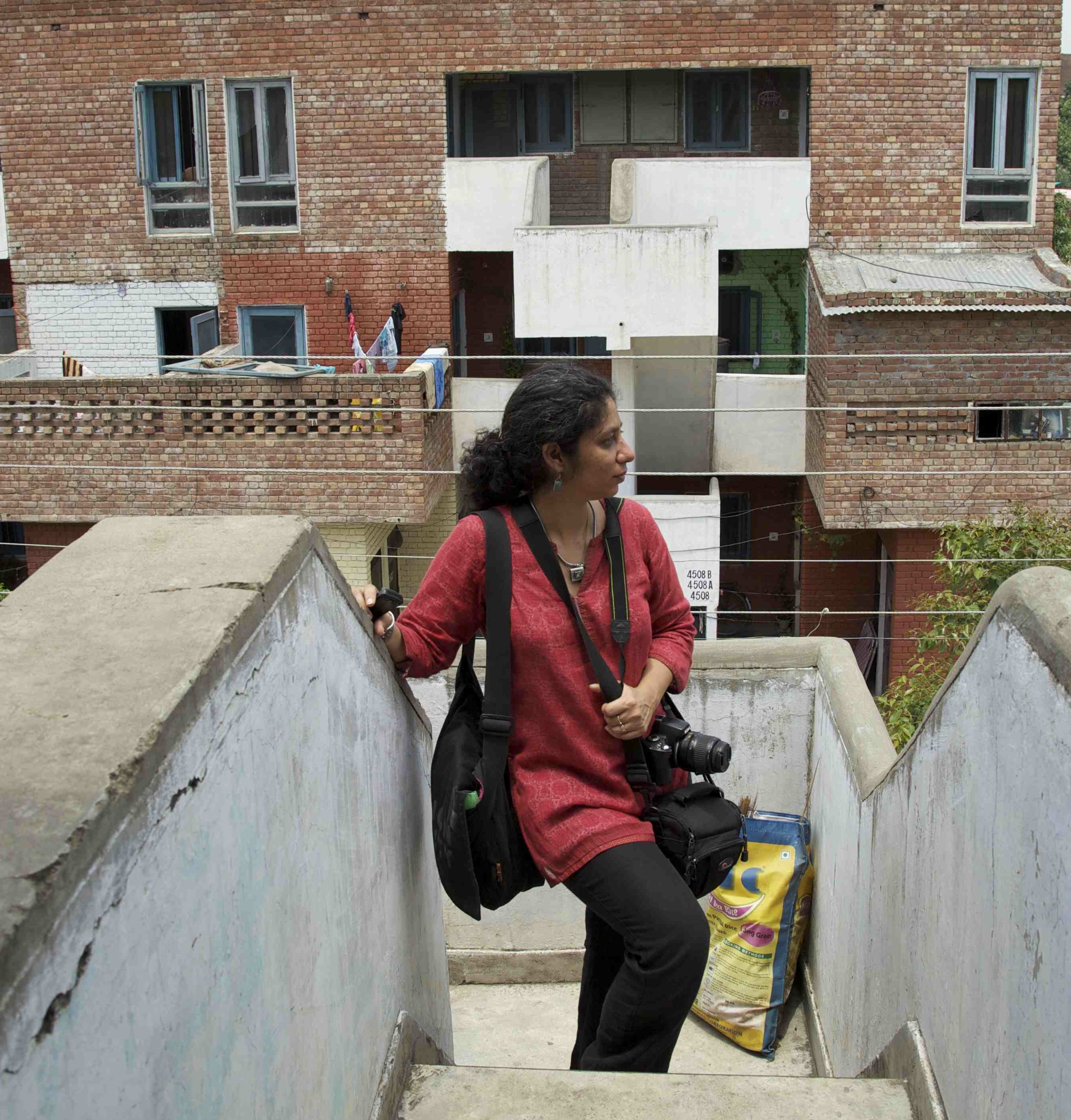
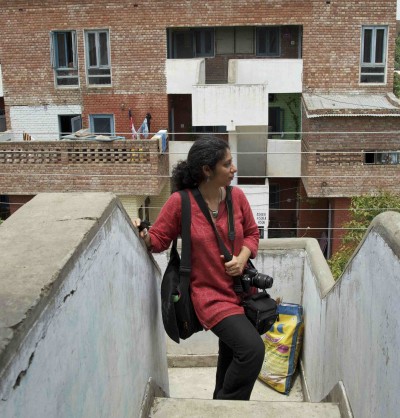
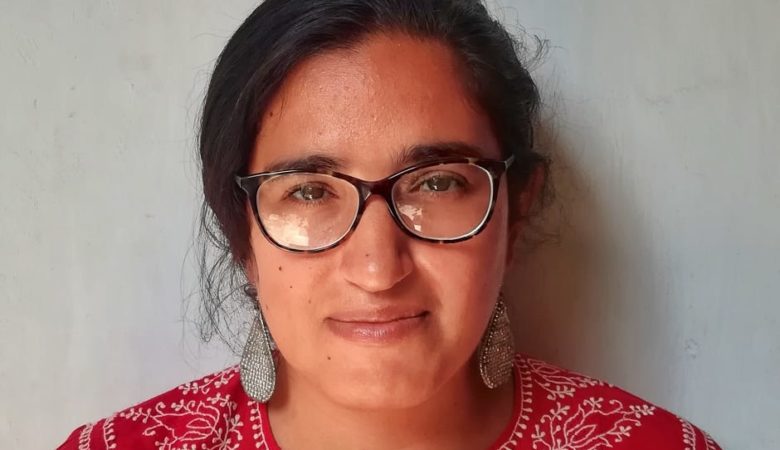
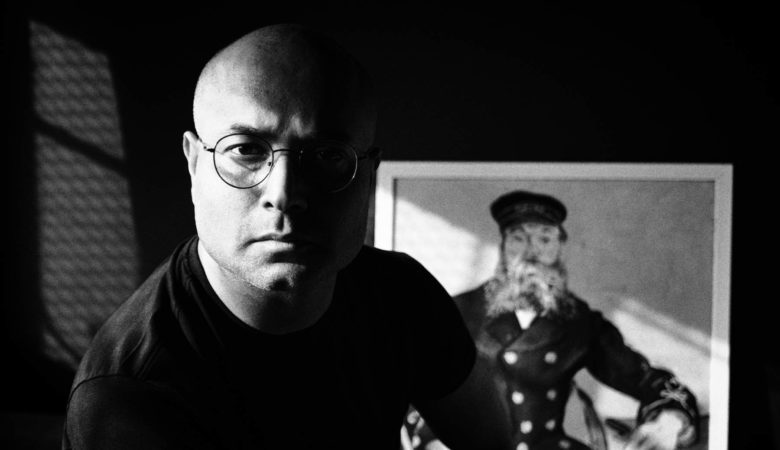
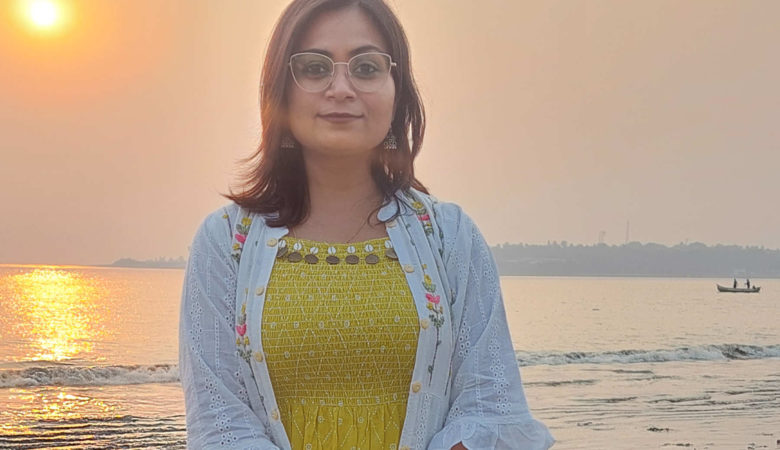
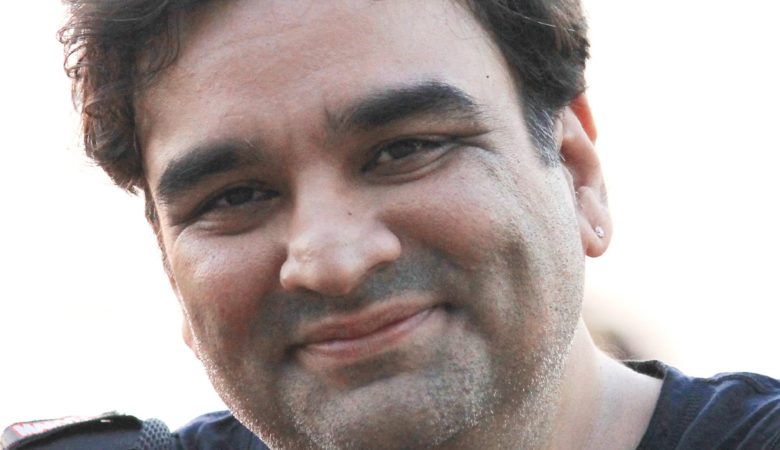



Pingback: Monisha Baldawa : In A Chat With An Editor - FTII People - FTII People